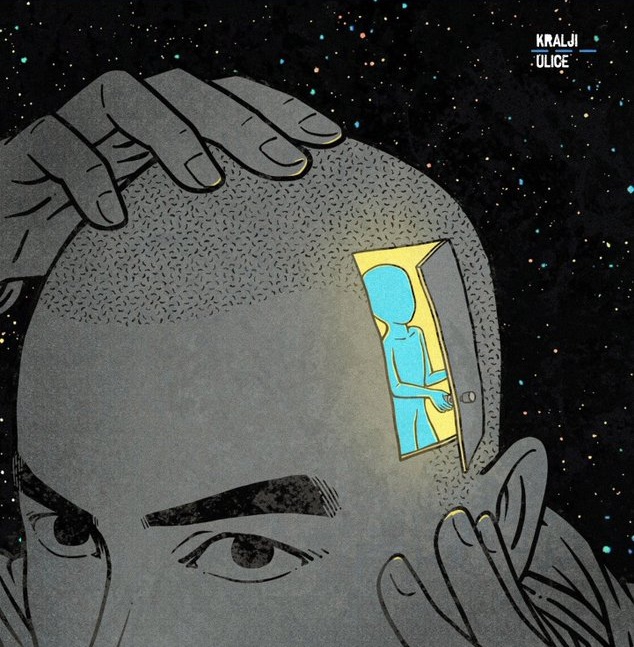DPNSEE member organisations Diogenis organised conference “Treatment and Harm reduction services in the context of the economic crisis, developments and challenges” from 19 to 21 October 2017 in Nicosia, Cyprus. The conference aimed to provide knowledge about the developments and challenges concerning
treatment and harm reduction services in the context of the economic crisis in countries of South
and South East Europe and to discuss possibilities which can guarantee the continuity, quality and
further development of services.
This conference is part of the project “New Approaches in harm reduction policies and practices”, financially supported by the European Commission. Transnational Institute from The Netherlands is the lead organisation of the project and partners are Diogenis, Drug Policy Dialogue from Greece, Forum Droghe from Italy and the International Centre for Ethnobotanical Education from Belgium.
Issues discussed at the conference included:
- The way in which the competent authorities and the responsible service providers reacted to the economic crisis; the role of Civil Society Organisations in this respect and the lessons learned for securing the continuation of harm reduction and treatment services to drug users.
- Strategies and action plans for effective harm reduction advocacy at the national level.
- Developments on cannabis policy in South and South East Europe countries. Regulation of cannabis for medical purposes.
- Decriminalisation of drug possession for personal use.
- Supervised consumption sites.
- Recent developments in countries of South and South East Europe.
The conference also paid attention to the new EU Action plan on drugs 2017-2020 and the developments in drug policy on the international level.
Diogenis cooperated with researchers from different countries, who were responsible to conduct interviews based on a research questionnaire and summarize the outcomes of these interviews in a related short report. All reports were collected and presented in a paper which was the background of the discussion at the conference.
Participants were representatives of civil society, national agencies and experts from 12 European countries. They had the opportunity to exchange information, good practices and policies on drugs in their countries as well as Europe-wide, amid economic difficulties and social challenges in Europe.





